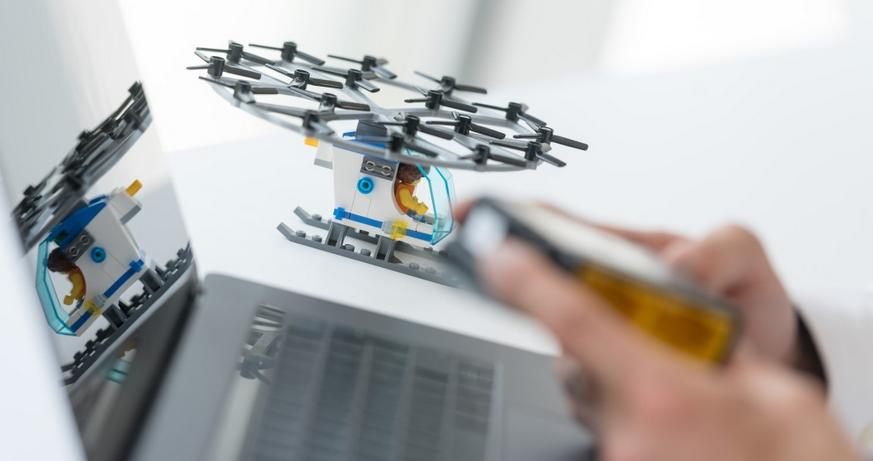With traffic jams a common occurrence in the world’s cities, frustrated drivers sometimes find themselves looking to the heavens for a little help from above. A few years from now, the skies could in fact offer a tangible solution.
The Boston Consulting Group predicts that people around the world will take 1 billion flights in air taxis in 2030, once sharing services have also established a presence on fixed routes above the ground.
What is more, most of those air taxis will be capable of operating without a pilot.
Bosch is working on state-of-the-art sensor technology to make these flights especially safe, comfortable, and convenient.
“The first flying taxis are set to take off in major cities starting in 2023, at the latest. Bosch plans to play a leading role in shaping this future market,” says Harald Kröger, president of the Bosch Automotive Electronics division.
To help it achieve this goal, Bosch has discovered a gap in the market. Conventional aerospace technology is too expensive, bulky, and heavy to be used in autonomous flying taxis.
However, modern sensors that are also used for automated driving or in the ESP anti-skid system could have the potential to bridge this gap. That is why a team of engineers has combined dozens of sensors to create a universal control unit for flying taxis.
Featuring Bosch sensors already in use in production vehicles, the universal control unit is designed to ensure the ability to determine the position of the flying taxis at all times, allowing them to be controlled with precision and safety.
Acceleration and yaw-rate sensors that accurately measure the flying vehicles’ movements and angle of attack, for example, provide the necessary data.
Unlike current sensor systems in the aerospace sector, some of which cost tens of thousands or even several hundred thousand euros, Bosch can make use of its solution for a fraction of the cost.
That is because the company uses production-tested sensors that Bosch has already been developing and manufacturing for the automotive industry for many years.
Bosch sensors are especially small and lightweight. Flying taxi manufacturers can easily install the Bosch sensor box into their air vehicles using the plug-and-play principle.
The market for flights using electric air taxis in cities is set to see substantial growth in the years ahead. Test flights are scheduled to begin in cities such as Dubai, Los Angeles, Dallas, and Singapore in 2020.
Experts expect commercial operations to begin in 2023. Although pilots will probably be on board at first, the light aircraft could start flying autonomously over the roofs of major cities as early as 2025, controlled by staff on the ground.
By that time, roughly 3,000 flying taxis will be in operation worldwide, according to Roland Berger. That number will increase to 12,000 by 2030, with just under 100,000 flying taxis taking to the skies by 2050.

